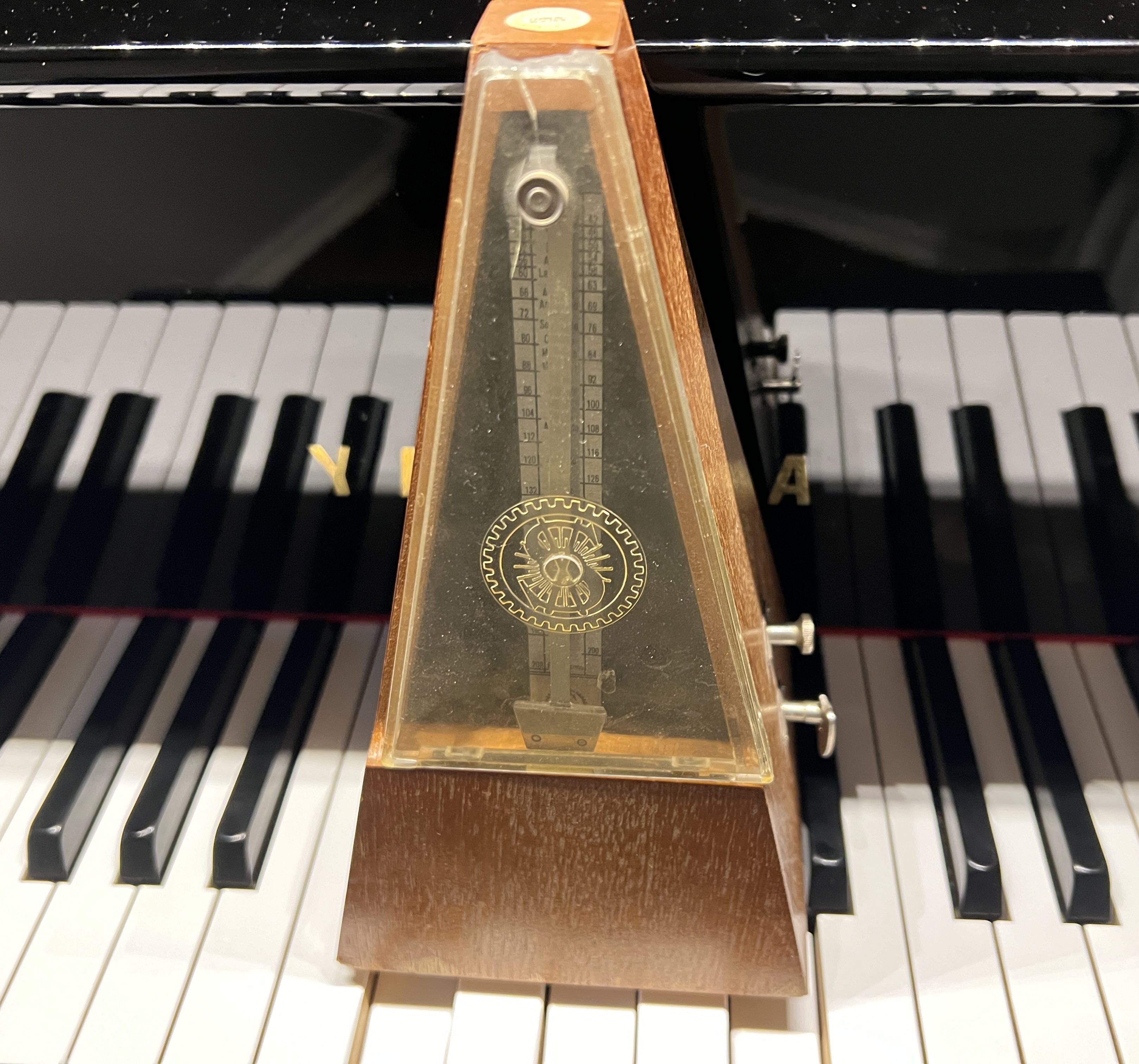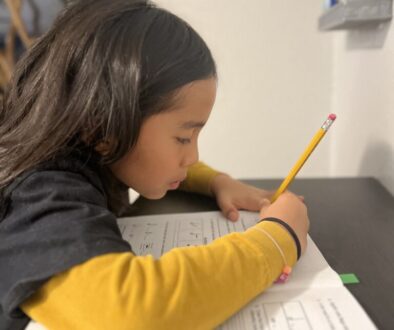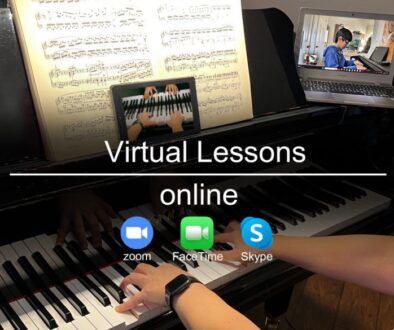Unlocking Time for Piano Practice:
 A Guide for Busy Students
A Guide for Busy Students
Finding time for piano practice amidst a busy schedule can be challenging, but with some strategic planning, it is possible to make room for your musical passion. Here are a few tips to help you carve out time for piano practice:

-
Prioritize and Schedule: Identify your top priorities and allocate time for them in your schedule. Treat piano practice as a non-negotiable commitment, slotting it in when you’re typically less occupied.
-
Time Blocking: Use the time-blocking technique by setting aside specific blocks of time dedicated solely to piano practice. This helps create a structured routine and minimizes distractions.
-
Break it Down: Instead of aiming for long practice sessions, break your practice into shorter, focused intervals. Even 15-20 minutes of concentrated practice can yield significant improvement.
-
Utilize Idle Moments: Take advantage of idle moments during your day, such as waiting for a bus, commuting, or during short breaks. Carry sheet music or use apps for quick practice sessions.


-
Eliminate Time-wasters: Identify and minimize activities that consume your time without adding value. Redirect that time towards your piano practice.
-
Incorporate it into Your Routine: Integrate piano practice into your daily routine, linking it with another habitual activity, like after finishing homework or before bedtime.
-
Communicate Boundaries: Make it clear to friends and family that you have dedicated piano practice time. Setting boundaries helps ensure uninterrupted focus during your practice sessions.
-
Set Realistic Goals: Establish achievable practice goals. It’s better to have a consistent routine with smaller goals than to overwhelm yourself with unrealistic expectations.



